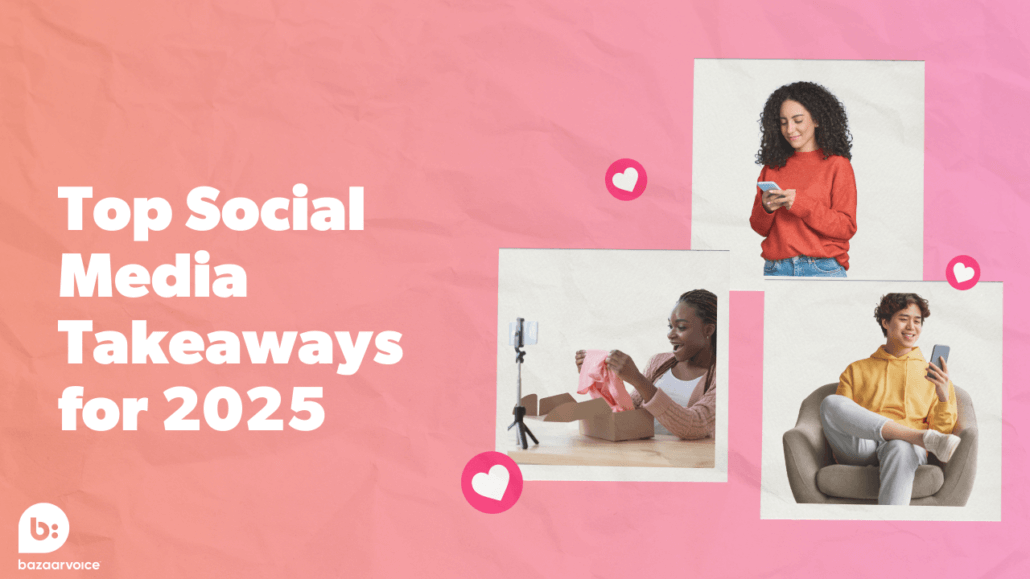January 28, 2015
Today marks the eighth annual Data Privacy Day in the United States (Data Protection Day in Europe), an event led by the National Cyber Security Alliance (NCSA). Promoted as an international movement to highlight consumer privacy and data protection efforts, Data Privacy Day centers on “Respecting Privacy, Safeguarding Data and Enabling Trust.”
The effort to promote a safer, more secure and trusted Internet is something we can all stand behind. And to that end, businesses and consumers must be equally dedicated to the cause not just of data privacy and protection, but also of data literacy.
How did we get here?
Since the dawn of the Internet, individuals and organizations have sensed that our expanded use of and, indeed, reliance on digital communications would erode privacy. However, for decades the opportunity afforded by the general population’s permissiveness toward heavily lopsided transactions—where one party unwillingly gives up something for another party’s ends—seemed stronger than the potential threat posed by lax data privacy controls. But now, revelations of the scale and scope of corporate and government data collection have forced us all into an open dialogue about who is capturing our personal data and the ways in which they collect, use, and share it. The end of our apathy is a signal that we’re closing critical knowledge and value gaps, but we have a ways to go before we are a truly data literate society.
Perhaps ironically, the Internet that has ushered in so many privacy concerns also was arguably the strongest force in breaking down the barriers that once enabled organizations to dictate the parameters of conversation. Our newfound ability to investigate, connect with, and express our views about the world around us improved social bonds, spurred social activism, and increased our collective knowledge about the companies, products, and services we interact with every day. Organizations quickly learned, though, that our appetite to discover and share in this digitally connected world created an enormous amount of data that could be mined—almost indiscriminately.
The state of the market
Today, most of us know that some amount of data is collected about us every time we visit a website, make a purchase, post to a social network, or use location-based services. But according to the recent Microsoft report, Views from Around the Globe: 2nd Annual Poll on How Personal Technology is Changing Our Lives, 77% of Internet users in the U.S. do not feel fully aware of the types of personal information that is collected about them. Those percentages rise to 86% in Germany and 90% in France. Numbers like these aren’t surprising. How many of us were aware of the privacy, behaviors, and data collection activities going on with the “Angry Birds” mobile applications, as outlined by Forrester analyst Tyler Shields?
By-and-large, consumers are doing their part to understand the trade-offs associated with providing their personal information, and they are more strongly voicing their expectations for a meaningful return on that data. That means organizations must improve as well. Even those who are taking steps in the right direction by being more open about the what and how of data collection have room to improve in providing a compelling benefit for why consumers should provide their data in the first place.
The next phase of consumer data literacy
Just as important as transparency, companies should provide consumers with a choice about what data will be collected and how it will be used. For any organization capturing consumer data, alignment with these standards will be determining factor in gaining consumers’ trust.
The evolution of data literacy is paralleling our understanding of the impacts that result in a world where digital technologies are part of nearly every daily activity. Both are in their early days but, by instilling an appreciation for the value of personal data and its appropriate use, the shift is well underway to ensure that our attitudes, behaviors, and preferences are converted into benefit for both companies and consumers.





